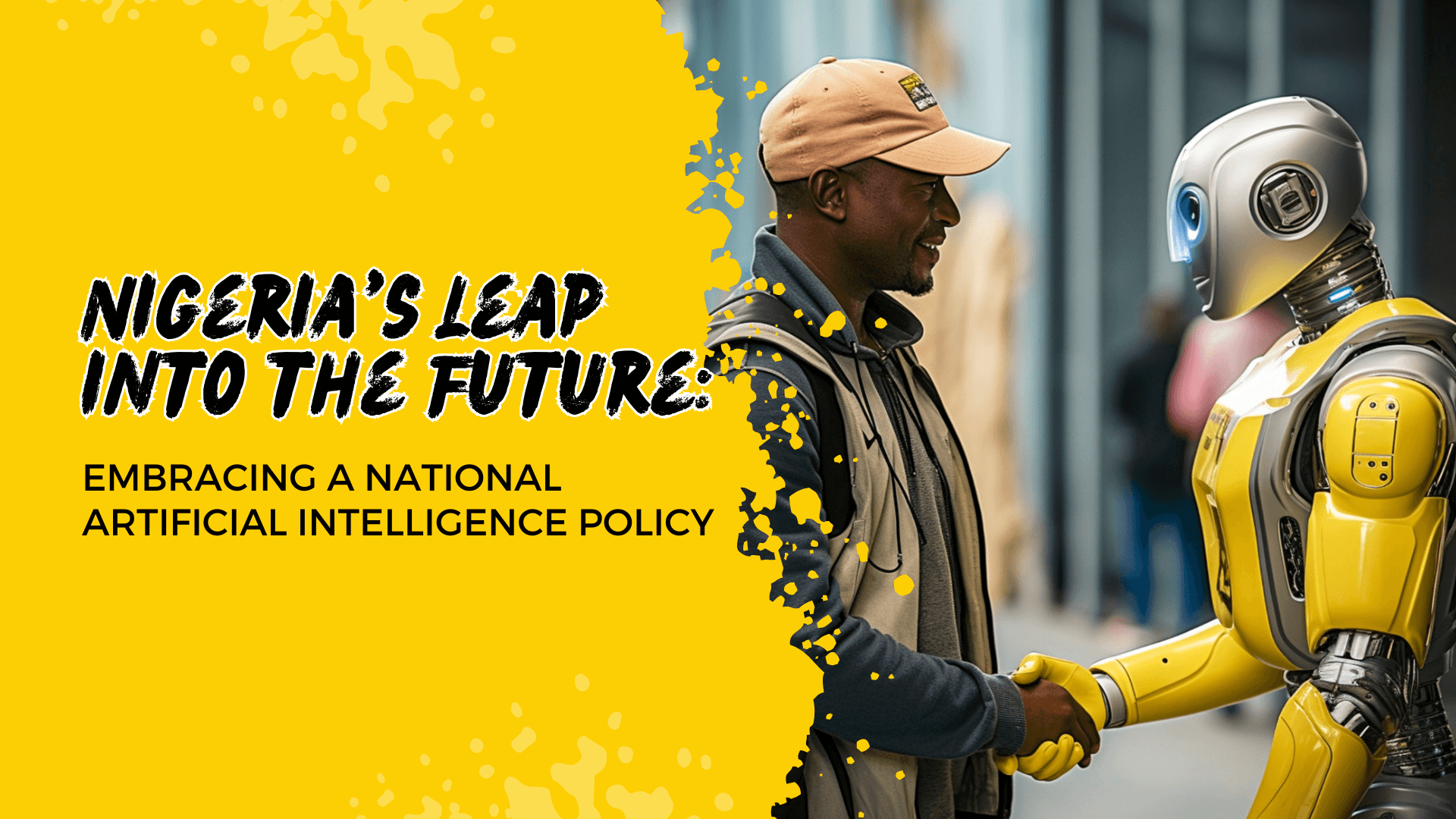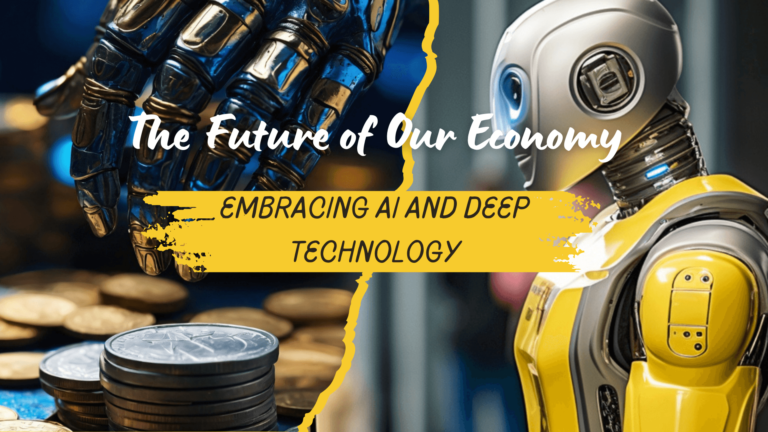In recent years, the digital world has seen rapid changes, and let’s be honest—keeping up can feel like trying to catch a bus that just left the stop. But here’s the good news: Nigeria is gearing up to board that bus with its new National Artificial Intelligence (AI) Policy. If you’re wondering what that means for our nation and its tech landscape, pour yourself a cup of coffee, and let’s dive into this exciting journey together!
The Tech Wave: Riding into the Future
So, what’s the buzz? Deputy Speaker of the House of Representatives, Benjamin Kalu, recently announced that Nigeria is moving towards a comprehensive AI policy framework. Why, you ask? Because we recognize that harnessing the power of AI isn’t just a luxury; it’s a necessity for sustainable development. This isn’t just about having the latest gadgets; it’s about transforming our economy and improving lives.

Why Do We Need an AI Policy?
- Ethical Use: We don’t want a future where AI is just another tool in the hands of a few. This policy aims to ensure that AI is developed and used ethically, promoting fairness and transparency.
- Broad Applications: From healthcare to education, the potential uses of AI are endless. Imagine a world where AI helps doctors diagnose diseases more accurately or personalizes learning experiences for students!
- Global Competitiveness: In a world where other countries are making strides in tech, we can’t afford to lag behind. A robust AI policy will position Nigeria as a leader in the African tech landscape.
Unpacking the AI Policy Framework
Now, let’s take a closer look at what this AI Policy will encompass. Think of it as a recipe—each ingredient is crucial for the final dish to turn out just right.
Key Components of the AI Policy
- Ethical Guidelines: Establishing standards to guide the development and use of AI, ensuring that it benefits society at large.
- Responsible Use: Ensuring that AI technologies are deployed in ways that respect privacy, security, and human rights.
- Sector Integration: Fostering the integration of AI in various sectors. Here’s a quick glance at how it might look:
| Sector | AI Applications |
|---|---|
| Healthcare | AI-driven diagnostics, personalized medicine |
| Education | Adaptive learning platforms, virtual tutors |
| Agriculture | Precision farming, crop monitoring |
| Finance | Fraud detection, risk assessment |
The Bright Side: Benefits of an AI Policy
You might be wondering, “What’s in it for me?” Well, let’s break it down.
- Economic Growth: By fostering innovation, we can create jobs and stimulate economic activities. Just think about how many new tech startups could spring up!
- Efficiency in Public Services: Imagine a government that uses AI to streamline services—think quicker response times and better resource allocation.
- Leadership in Africa: With the right policies, Nigeria can lead the charge in Africa’s tech revolution. This isn’t just about pride; it’s about collaboration and partnership opportunities with global tech firms.
Challenges on the Horizon
But let’s not put on rose-colored glasses just yet. Every journey has its bumps, and this one is no different.
- Infrastructure Issues: Let’s face it, many regions still lack the basic tech infrastructure. We need reliable internet and modern facilities to fully leverage AI.
- Technical Expertise: We can’t expect to run a marathon without training. There’s a need for more skilled professionals who understand AI and can implement it effectively.
- Public Awareness: Education on AI is crucial. We need to demystify it for the average person, turning fear into understanding and excitement.
Looking Forward: The Road Ahead
What does the future hold for Nigeria’s AI landscape? Picture this: a vibrant tech ecosystem where startups and established companies collaborate, driven by a clear national vision for AI. This requires strong stakeholder engagement—not just from the government but from the private sector, academia, and civil society.
Partnership Opportunities
- International Collaborations: Working with global tech firms can bring expertise and investment, benefiting all parties involved.
- Community Engagement: Involving local communities in AI education and implementation will foster trust and acceptance.
Conclusion: Join the Movement
So there you have it—a sneak peek into Nigeria’s ambitious plans for a National AI Policy. This isn’t just about technology; it’s about empowering people and creating a brighter future. Whether you’re a tech enthusiast, a student, or someone just curious about what AI can do, there’s a place for you in this movement.
As we move forward, let’s remember that the key to success lies in collaboration. Together, we can shape an AI landscape that’s innovative, ethical, and truly representative of the diverse voices within our nation. So, are you ready to hop on this bus? The future is waiting!
🌐 Sources
- thenationonlineng.net – Nigeria working to adopt national Artificial Intelligence …
- von.gov.ng – Nigeria Moves to Ensure Responsible AI Use
- dailytrust.com – Nigeria ready to bridge tech gap – Deputy Speaker Kalu
- thenationonlineng.net – Towards AI policy in Nigeria
- thenationonlineng.net – Integrating Artificial Intelligence into education in Nigeria
- punchng.com – FG committed to responsible use of AI, says Deputy Speaker



